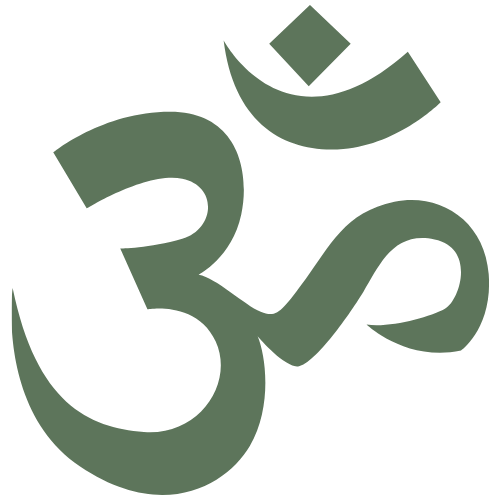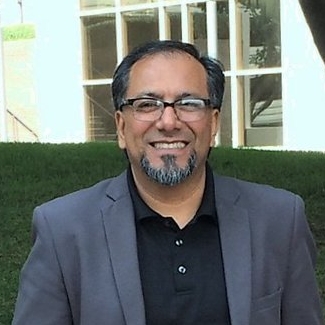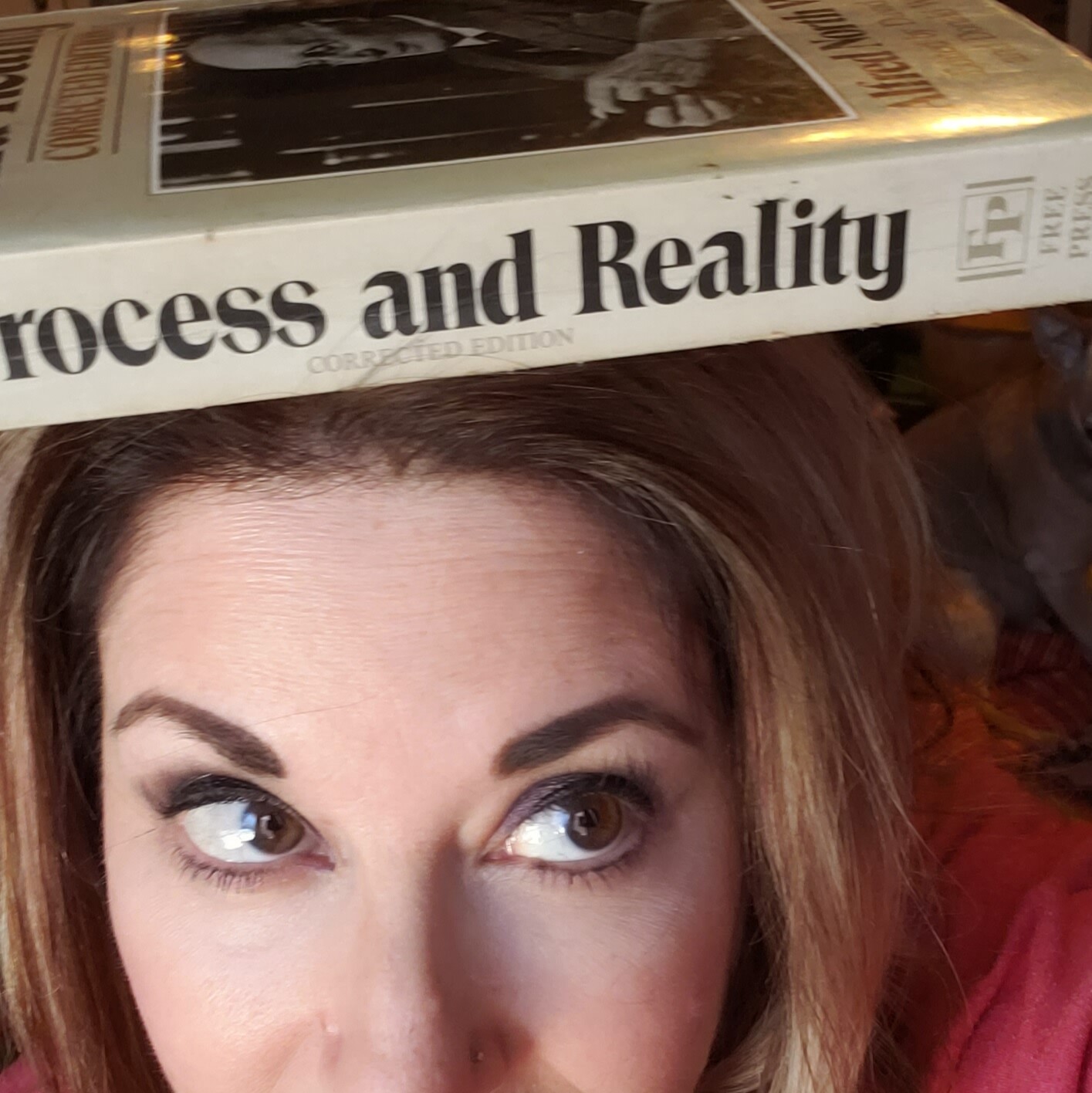
If you would like to join this path group, you must register and be logged in. Click on the REGISTER or LOGIN link above to do that.
Team Leader
Details
“Hindu” was originally a word given by the Greeks, then the Persians, to the land and peoples beyond the Indus or “Sindhu” River. The term “Hinduism” came into common use only in the 19th century to describe a complex and dynamic pattern of life and practice. The Hindu tradition is more an ethos than a set of beliefs. It includes three major streams of Hindu devotion—Vaishnava, Shaiva, and Shakta—and a number of distinctive philosophical traditions. Despite great sectarian diversity, there are Hindu assumptions about life that do have common, although not universal, currency. the universe is permeated with the Divine, a reality often described as Brahman; the Divine can be known in many names and forms; this reality is deeply and fully present within the human soul; the soul’s journey to full self-realization is not accomplished in a single lifetime, but takes many lifetimes; one’s course through life after life is shaped by one’s deeds.
Members
16
Resources


















